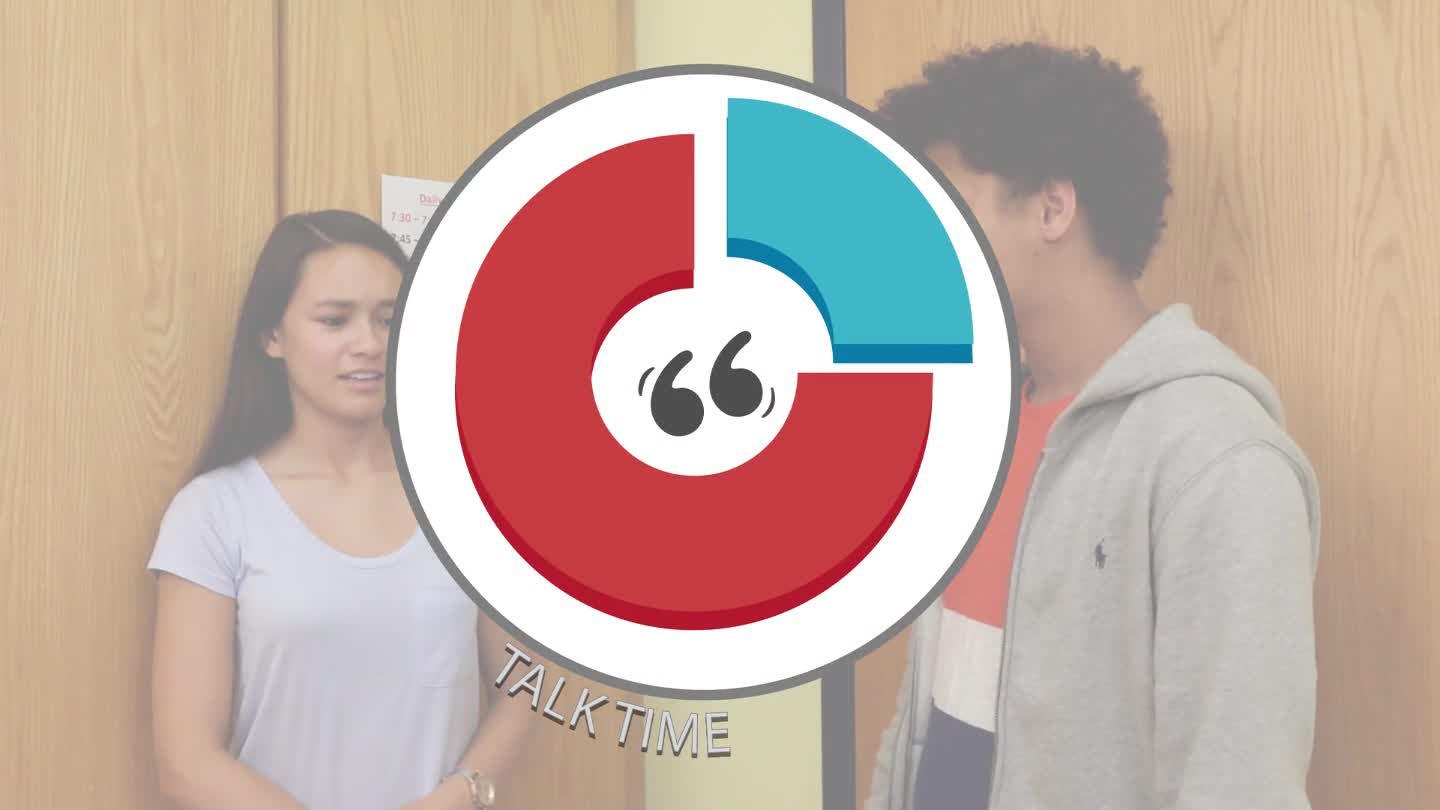
Introduction
Special education plays a crucial role in helping students with diverse needs develop essential life skills. One such important skill is the ability to share conversation time effectively, ensuring that each participant has an equal opportunity to express their thoughts and feelings.
Understanding Conversation Sharing Skills
Conversation sharing skills refer to the ability to balance talking time between participants in a conversation. This skill is vital for students’ learning, social interactions, and overall wellbeing. It helps them engage in meaningful conversations, develop empathy, and build strong relationships with their peers.
The Role of Specialists
Various specialists can support the development of conversation sharing skills in students:
- Speech-Language Pathologists: They can work on students’ communication skills and help them understand the importance of balanced conversation sharing.
- Social Workers: They can facilitate group activities that promote conversation sharing and teach students how to navigate social situations effectively.
- Psychologists: They can help students develop self-awareness and emotional regulation, which are crucial for maintaining balanced conversations.
- School Counselors: They can provide guidance and support to students in fostering conversation sharing skills and building healthy relationships with their peers.
IEP Goals for Conversation Sharing Skills
Here are some SMART IEP goals that educators can use to develop conversation sharing skills in PreK students:
-
Goal: The student will demonstrate balanced conversation sharing in 80% of observed conversations by the end of the school year.
- Strategy: Teach the student to use visual cues, such as a pie chart, to understand the concept of balanced conversation sharing.
- Activity: Engage the student in role-playing exercises to practice conversation sharing with peers.
-
Goal: The student will ask at least one question to show interest in the conversation partner’s thoughts in 90% of observed conversations by the end of the school year.
- Strategy: Teach the student to use open-ended questions to encourage conversation sharing.
- Activity: Play a “question game” where the student practices asking and answering questions with peers.
Implementing and Measuring Progress
To effectively implement and measure progress for these IEP goals:
- Collaborate with specialists to provide a comprehensive support system for the student.
- Monitor the student’s progress through observations, assessments, and feedback from peers and teachers.
- Adjust strategies and activities based on the student’s progress and individual needs.
Conclusion
Developing conversation sharing skills is crucial for PreK students’ learning, social interactions, and overall wellbeing. By implementing effective IEP goals and strategies, educators can help students build strong communication skills and foster healthy relationships. To explore more resources, visit Everyday Speech Sample Materials.





